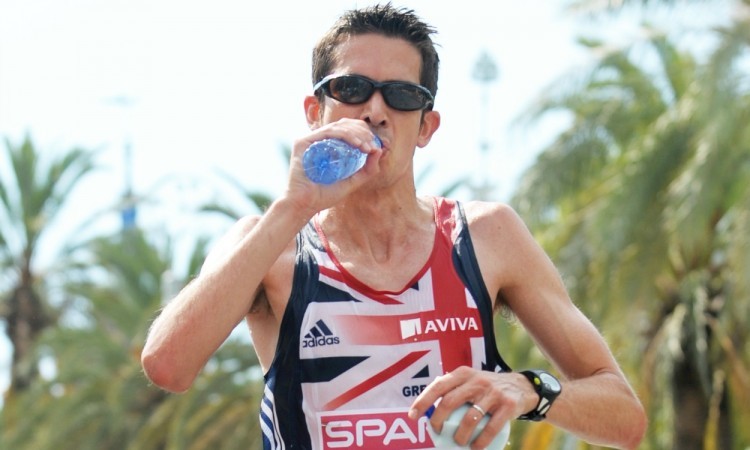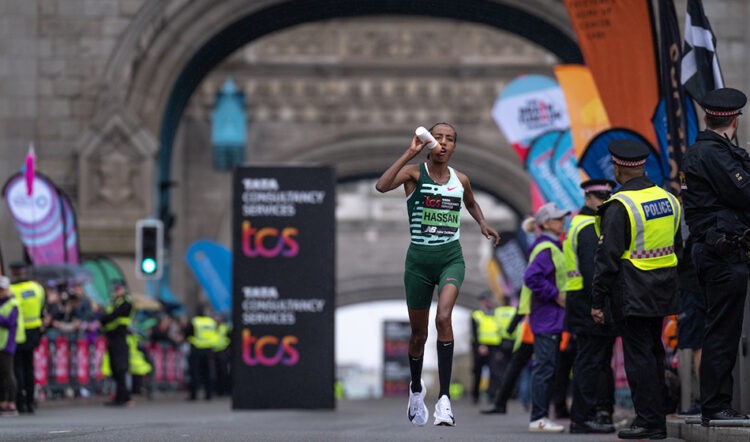Louise Sutton, sport and exercise nutritionist, says that having a plan is vital when it comes to eating and drinking before, during and after long distance races
To ensure a positive race experience and performance outcomes it is good to be taking your race day nutrition seriously. Figuring out a nutrition strategy will likely take some time, and much trial and error. It will be a challenge to consume all the calories you will be burning, so expect to finish in deficit. Your race pace and the terrain may influence this, but having a plan can positively affect your experience and enjoyment of it.
What you eat before the event will be important, too. In the lead up to race day everyone will have their own preferred food and fluid choices. Many runners try to increase carbohydrate in the days prior. It should be helpful to aim to top up your carbohydrate store in the two or three days leading up to the event. You can easily achieve this by tapering your training and including more carbohydrate-rich snacks between your meals. Optimising hydration at this time is also key, and sports drinks could be useful.
The golden rule of race day is to not try anything new. This would be well advised in the lead-up too and may be something to be aware of if you are needing to rely on a restaurant meal the evening before the race.
Alongside normal foods there are a vast array of sports products available as gels, bars, drinks, and gummies, with every runner having their own preferences and items they tolerate better. Although difficult to replicate conditions exactly, aim to practice your race-day nutrition strategy on long training runs.
If your plan is to use aid station nutrition on course be sure you know what they will be offering, and practice using these beforehand to make sure what is offered works for you. Carrying your own fuel sources in race-belts, running vests or lightweight backpacks might work better.

Lee Merrien (Mark Shearman)
On race day if you are running at a slower pace there will likely be the opportunity to consume solid food, such as peanut butter or jam sandwiches, salted pretzels and nuts, energy or granola bars, crackers, rice cakes and breadsticks, fig rolls, fresh, dried, or pureed fruit in pouches, but as with any sport products you may use this will require practice during training, too.
Your pre-race meal should focus on carbohydrate but contain a source of protein to keep hunger at bay, whilst avoiding fatty and fibre-rich foods can…
CLICK HERE to Read the Full Original Article at AW…

